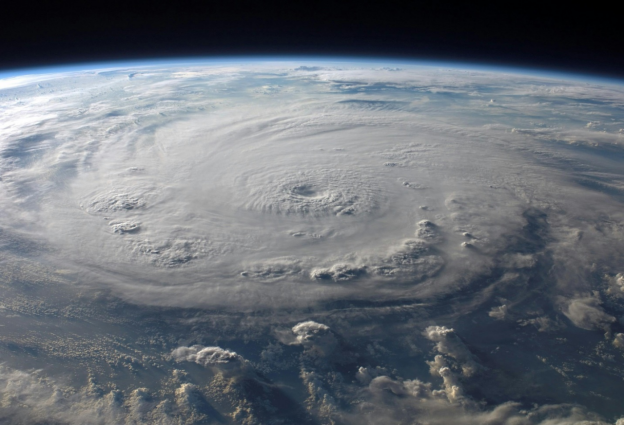
Clearwater is no stranger to the beauty and challenges posed by its tropical climate. While the region is celebrated for its pristine beaches, vibrant community, and pleasant weather, it also sits in the path of nature’s more formidable forces—hurricanes.
The key to navigating hurricane season with minimal stress and damage lies in preparation. This blog post is dedicated to helping Clearwater residents in hurricane preparation, focusing on essential measures.
Overview of Hurricane Season in Clearwater
Hurricane season in the Atlantic starts at the beginning of June and lasts till the end of November; the worst of it lasts from August through October. Clearwater, situated on Florida's Gulf Coast, is particularly vulnerable during this time. The city has faced its share of historical hurricanes and tropical storms, each leaving a mark on the community and underscoring the importance of preparedness.
Common Risks Associated with Hurricanes
Hurricanes bring a suite of dangers, including but not limited to:
Wind Damage: One of the most immediate threats during a hurricane is the strong wind, which can reach speeds well over 100 mph. These winds have the power to uproot trees, tear off roofs, and turn unsecured objects into dangerous projectiles.
Flooding: Storm surges and heavy rainfall can lead to significant flooding, a particularly acute risk in Clearwater's low-lying and coastal areas. Floodwaters can damage homes, erode landscapes, and disrupt utilities and transportation.
Power Outages: The combination of wind and water can wreak havoc on the power grid, leading to widespread and sometimes prolonged power outages. These outages impact everything from food preservation to air conditioning, which is critical during the hot summer months.
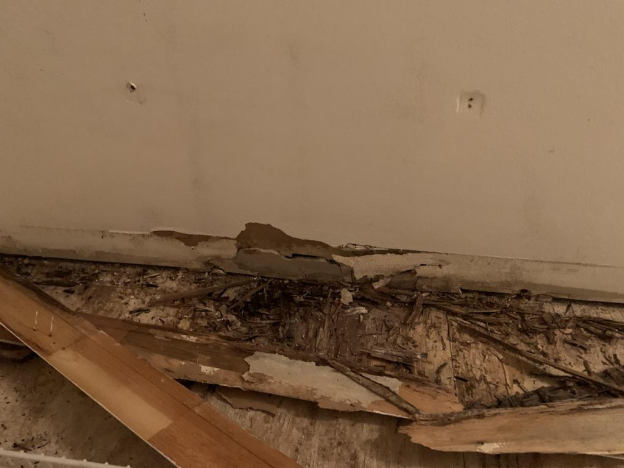
Securing Your Home
A. Storm Shutter Installation
Types of Storm Shutters Suitable for Clearwater Homes
Accordion Shutters: These are permanently installed and fold back against the house when not in use. They're cost-effective and can be quickly deployed by one person.
Roll-Down Shutters: Operated manually or automatically, roll-down shutters provide excellent storm protection and can also enhance security and energy efficiency.
Colonial Shutters: These add an aesthetic appeal to your home, resembling traditional shutters, but are made for hurricane protection. They're mounted on the sides of windows and can be easily closed when a storm approaches.
Bahama Shutters: Attached above the windows, Bahama shutters provide shade and hurricane protection and can be propped open for ventilation.
Maintenance and Inspection Tips for Storm Shutters
Regular maintenance is crucial to ensure your shutters are ready when needed. This includes lubricating moving parts, checking for rust or corrosion, and ensuring they close securely. Annual inspections are recommended to address any wear and tear.
B. Roof Inspections and Maintenance
Importance of Roof Integrity During Hurricanes
A well-maintained roof is your home's first line of defense against hurricanes. It can significantly reduce the risk of major damage during a storm.
How to Conduct a Preliminary Roof Inspection
Homeowners can perform a preliminary inspection by looking for missing, damaged, or loose shingles/tiles, checking for leaks in the attic or ceilings, and ensuring all roofing materials are secure. However, spotting less obvious issues may require a professional eye.

When to Call in a Professional Roofing Contractor
If you notice signs of wear or damage, or if your roof is nearing the end of its expected lifespan, it's time to call in a professional. A certified roofing contractor can provide a thorough inspection, recommend repairs or replacements, and ensure your roof meets local building standards for wind resistance.
Tips for Maintaining Roof Strength
· Regularly clean your gutters and downspouts to prevent water damage.
· Trim trees and remove dead branches that could fall on your roof during a storm.
· Secure loose tiles or shingles and replace any that are damaged.
· Consider installing hurricane straps or clips to further secure your roof to the structure of your home.
· Creating an Emergency Preparedness Plan
Evacuation Routes
Identify Multiple Routes: Familiarize yourself with several evacuation routes from your home. Roads may be congested or closed due to damage or flooding, so having alternatives is important.
Know Your Zone: Understand if you live in a hurricane evacuation zone and what that means for when you should evacuate.
Designate Meeting Points: Choose safe locations where your family can meet if you're separated and can't return home.
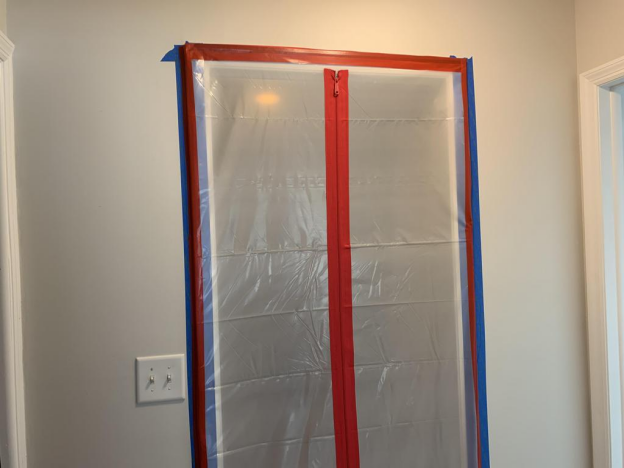
Emergency Contacts
Create a Contact List: Include local emergency numbers, relatives, friends, and any other important contacts. Ensure everyone in the household has a copy, including digital copies on their mobile devices.
Establish an Out-of-Town Contact: Making long-distance calls during a disaster is often easier. An out-of-town contact can help relay messages among separated family members.
Pet Care
Include Pets in Your Plan: Ensure your pets are part of your evacuation plan. Identify pet-friendly shelters or accommodations ahead of time.
Prepare a Pet Emergency Kit: Include food, water, medications, vaccination records, and other essentials.
Utilizing Local Clearwater Resources and Shelters
Stay Informed: Keep track of local resources, such as emergency shelters, through Clearwater's municipal websites or local news outlets. Know the locations of shelters that accept pets if you have them.
Register for Alerts: Sign up for local emergency notification systems to receive timely information about evacuation orders and other emergency instructions.
Protecting your home and ensuring the safety of your loved ones?
Flood Pros USA stands ready to assist Clearwater residents with professional water damage restoration, immediate flood restoration services, and 24/7 flood cleanup assistance. Whether you're facing emergency water damage cleanup or require storm damage repair, our team of experts is equipped to bring your home back to its pre-storm condition.
Act now to secure the safety and integrity of your property.
Subscribe to Flood Pros USA's Blog

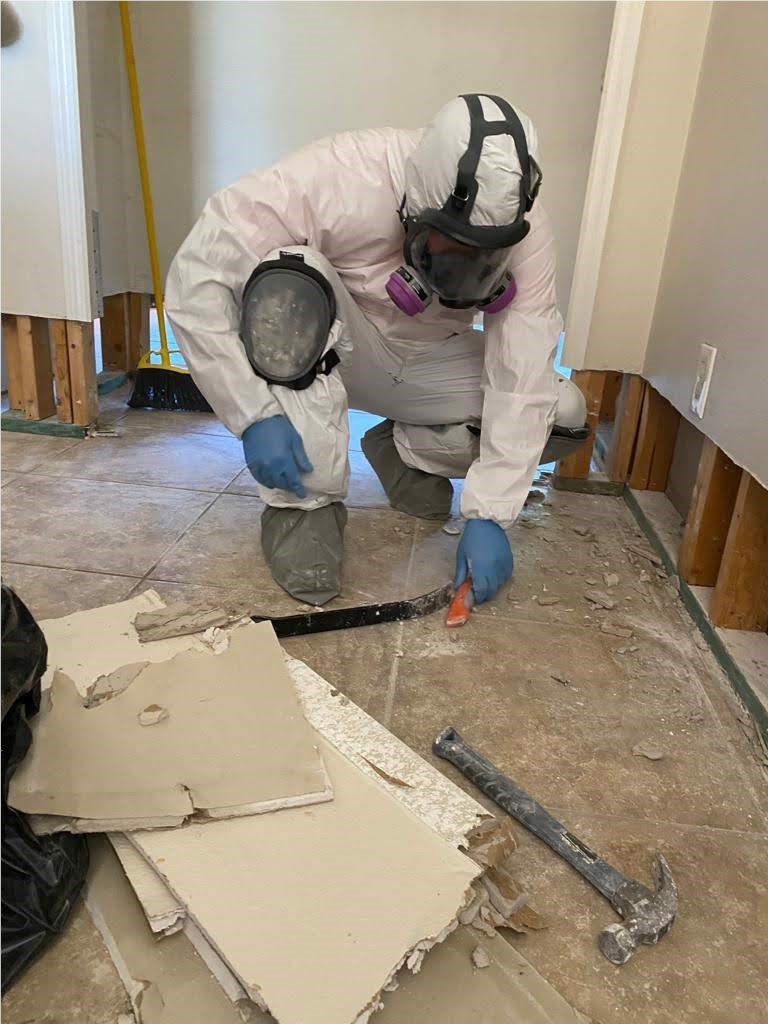
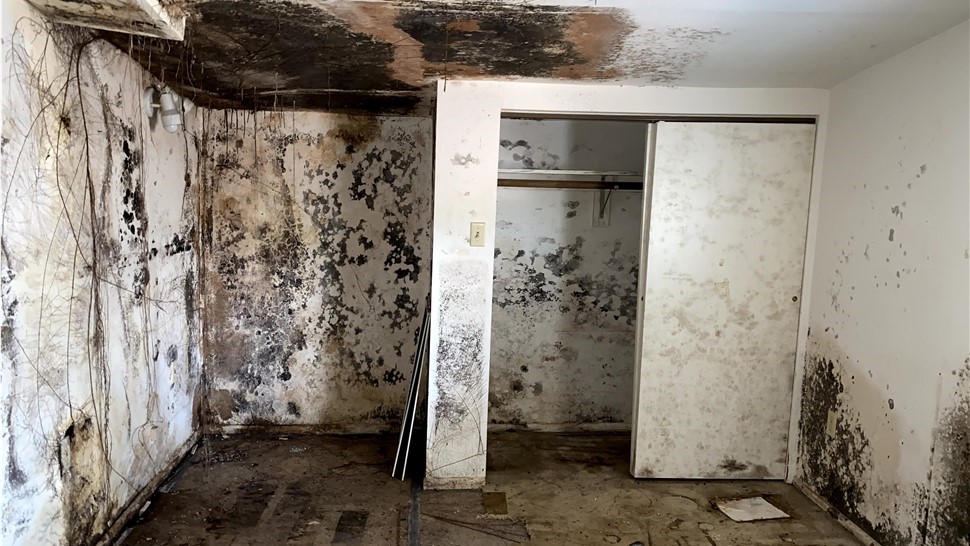

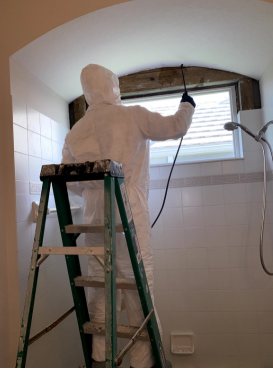
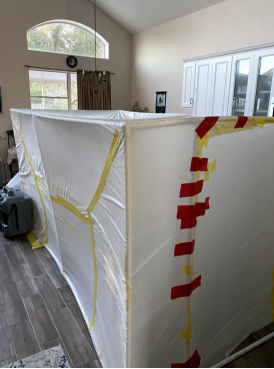

Comments